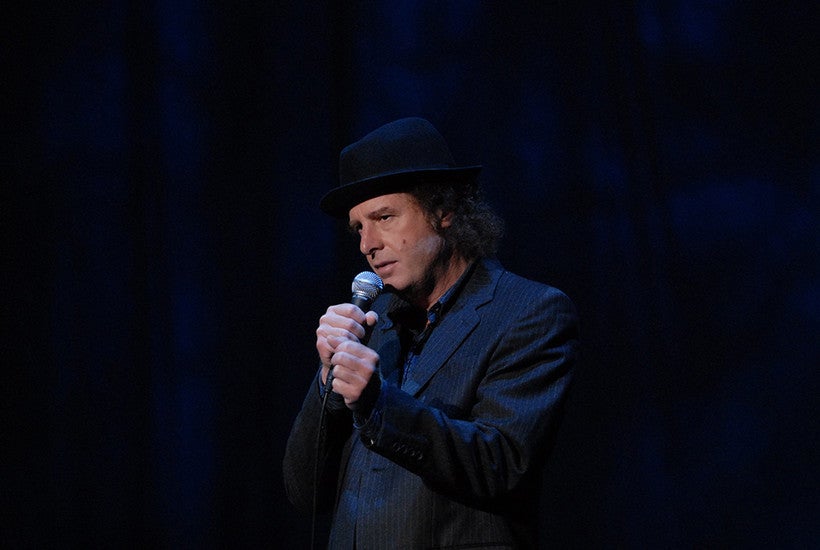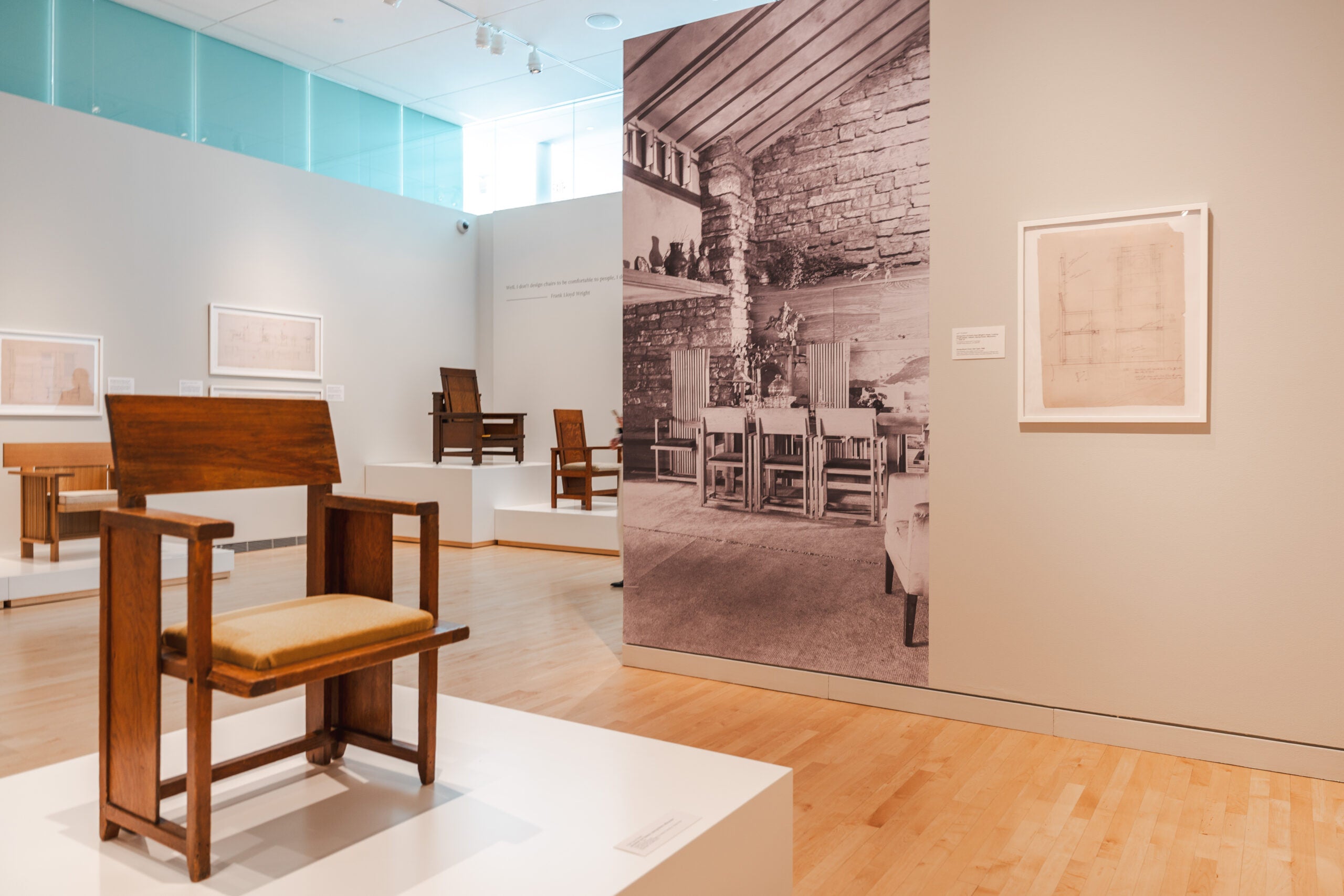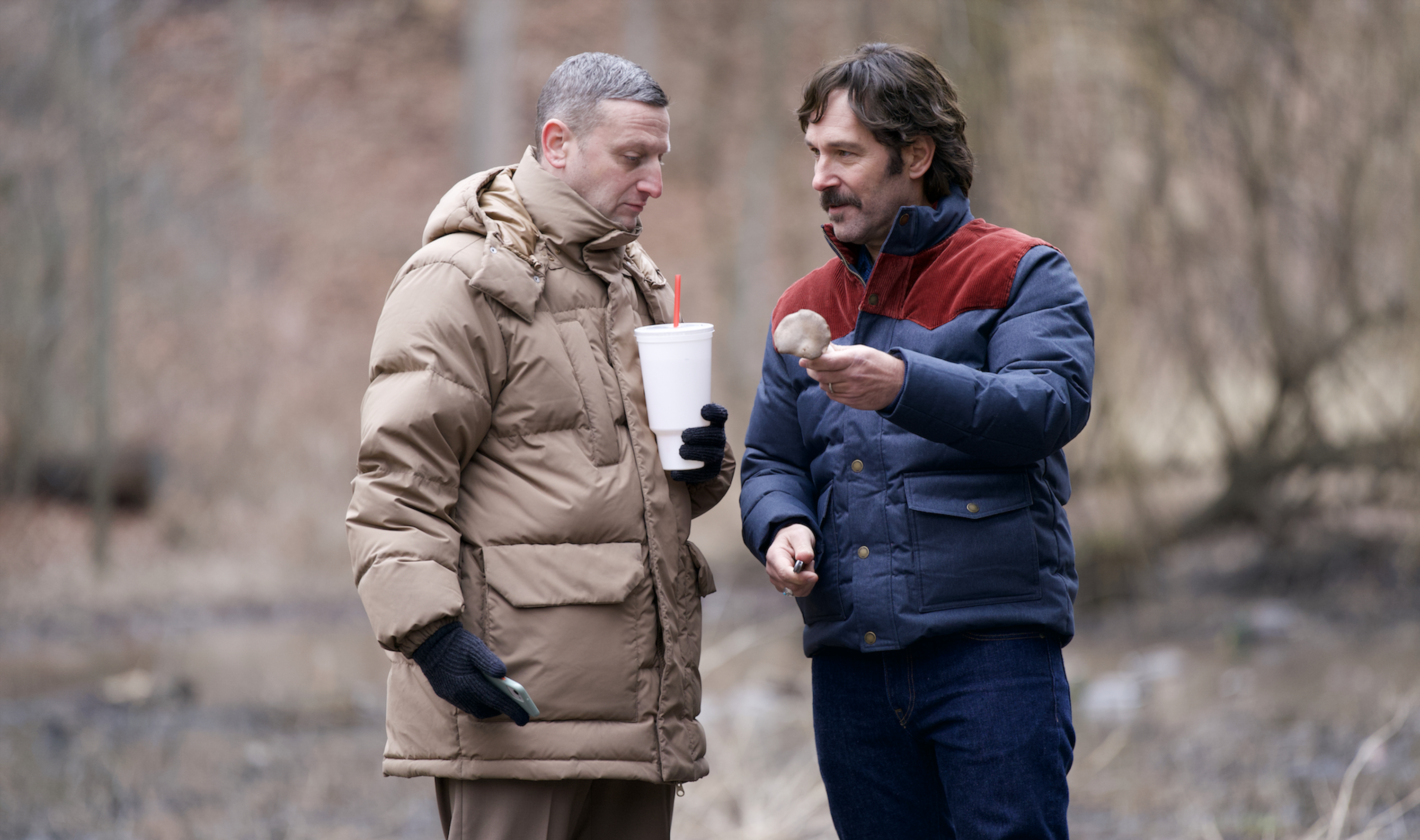When comedian Steven Wright spoke with Wisconsin Public Radio’s “BETA” in March of 2020 ahead of his tour stop in Madison (eventually canceled because of the pandemic), he joked that even though he was only a Tony award away from an EGOT, the two-time Grammy nominee and Oscar and Emmy-winner was content to keep writing jokes.
“I’m glad there’s an audience that still likes it. Because if there wasn’t, I don’t have a different way of doing it,” he said at the time.
It turns out that he does have a new outlet for his creative mind, and it doesn’t involve a Broadway stage. Instead, it’s through fiction writing.
News with a little more humanity
WPR’s “Wisconsin Today” newsletter keeps you connected to the state you love without feeling overwhelmed. No paywall. No agenda. No corporate filter.
Wright has released a novel, “Harold,” about a third-grader whose epic daydreams during a day of class reflect the style of stream-of-consciousness style of humor Wright has embodied as a stand-up for over four decades.
“That was a whole other way of creating for me,” Wright said. “And there were things came out of my mind that I never knew was in there”
That was a whole other way of creating for me,” Wright said. “And there were things came out of my mind that I never knew was in there”
Wright’s approach to novel writing was to sit down daily for hours at a time and subsist on coffee while he put himself in Harold’s mind, wondering what this kid would be doing or what could happen to him. It sounds like a more focused version of his stand-up writing.
“It was different, but it wasn’t strange,” Wright said. “When you think about it, it’s writing. It’s just thinking. I mean, I’ve been writing for 40 years, but for stand-up.”
“I got to write things that weren’t funny, like describing the room, describing people. That was a lot of fun for me because everything, of course, is not a joke in there,” he said.
Harold’s brain seems to never stop pondering all the intricacies of 7-year-old interests like the etymology and sounds of interesting words like stencil, or the invention of color.
“As I was writing it, things would come into my mind that I thought of years ago, that had nothing to do with ‘Harold.’ They weren’t stand-up thoughts,” Wright said. “I used to think color should have come first if you put aside the technical aspects of it, because color is really how everything looks. So black and white is an abstraction. And you would think that that came second. Like, Salvador Dalí could paint very realistically. And then he went into surrealism.”

Harold’s thoughts often drift to images and stories of the Oglala Lakota Nation, as well. This delves from an unexpected turn in Wright’s past.
About seven years ago, while waiting for a plane at Logan airport in his native New England, Steven stumbled up on the book, “The Heart of Everything That Is” by Bob Drury and Tom Clavin. It’s the story of Lakota Chief Red Cloud and his efforts to organize a unified front against European settlers.
“I’ve been fascinated by what was here before the white man came,” he says. “I love the book. I just love the idea of what was happening before all this madness.”
Wright admits he didn’t set out to consciously put the Lakota perspective in his book, but those thoughts leaked into his mind while he was writing “Harold” and he liked that they were there and that they kept recurring.
“I get to have the perspective of them in there, like when he meets his grandfather in Rapid City, and he meets some Lakota because they’re building an airport after Pearl Harbor,” Wright said. “And so, his grandfather knows some Lakota and he says, ‘The Lakota thought that a planetarium was insane. That only the white man would build an indoor sky and then charge money to look at it.’”
Harold’s relationship with his grandfather wasn’t based on any real-life relationships he had, but on the premise that even a 7- and 70-year-old share similar perspectives from different starting points.
“The old guy sees the world so simply because he went through it all, thinking about figuring everything out. And then he realizes it’s all just so really simple, and the kid sees it’s simple, too. And I just thought that they had a connection,” he says.
Moving forward, Wright isn’t fully decided on what he wants to do next. One thing is for sure: It’ll be creative, and hilarious.
“I am not even trying to think what I’m gonna do,” Wright says. “I just know that the creative side of me wants to do something else. I don’t know what it is yet though. Maybe it’ll be a film thing, I don’t know. It’s exciting. Creating is thinking. It’s like playing to me. Like a child, doing fingerprints. It’s very playful. I don’t put a lot of pressure on it.”
Related Links:
The Mosaic View Of Comedian Steven Wright
Wisconsin Public Radio, © Copyright 2026, Board of Regents of the University of Wisconsin System and Wisconsin Educational Communications Board.







